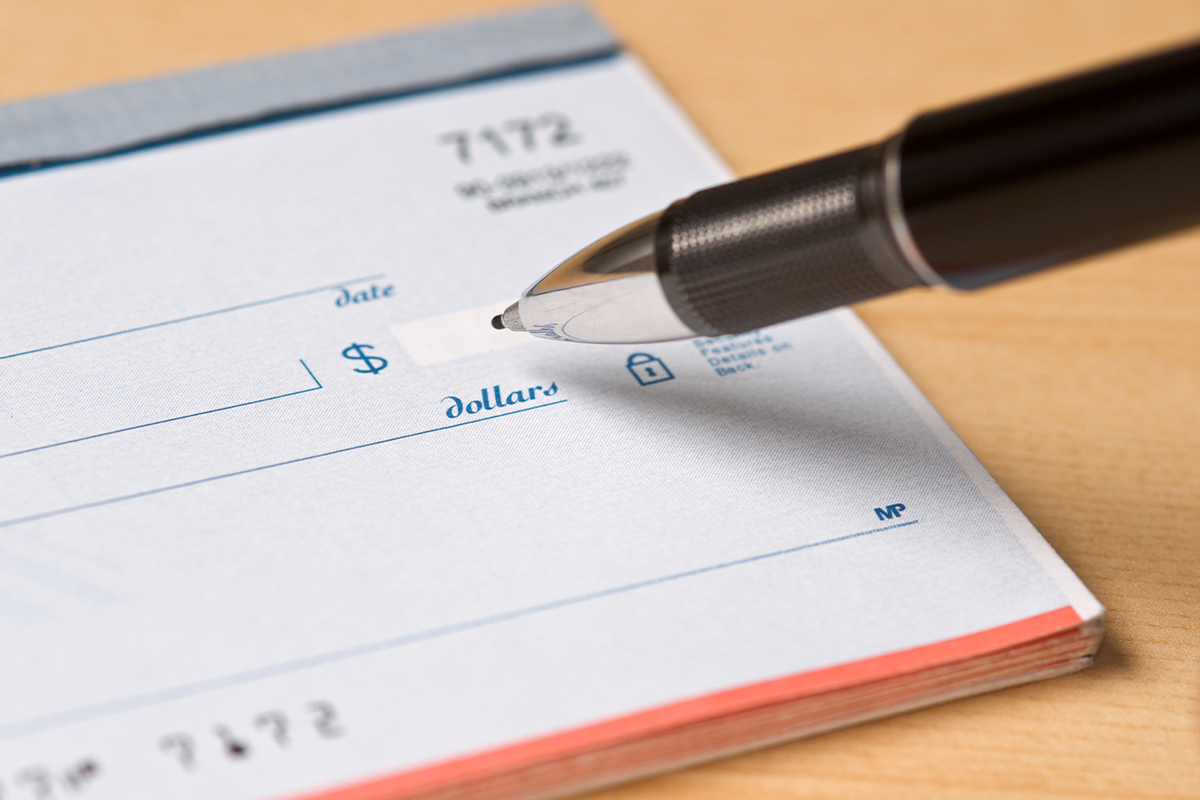Going through bankruptcy court isn’t easy. Neither is completing your repayment plan. If you’re having trouble making payments, there are a few options to explore that could help you push through and save your bankruptcy.
Amending Your Payment Plan.
If your payments are too high for you to manage, then it may be worth speaking to your attorney to see if you’re able to modify your payment plan. Reducing your monthly payments can be a great way to save your bankruptcy. Payments based on disposable income are easier to manage.
Defer a Payment.
Let’s say you have an unexpected expense, like a medical emergency or a car repair. You’re able to defer a payment (or two) to give yourself some time to catch up. First, you’ll need to speak with your trustee. If your trustee isn’t willing to let you catch up on payments, then you can file a written opposition with the bankruptcy courts to explain your circumstances and motion to dismiss. You’ll need to argue your perspective at the motion hearing, which will include requesting time to catch up on payments and a new plan for how you’re going to do that. The courts will decide from there what to do, but usually they will allow more time for payments or add a specific catch-up plan to your repayment plan.
Temporarily Suspend Your Payments.
If you have a financial crisis that isn’t easily resolved, like you lost your job, then you may be able to get the courts to modify your repayment plan – specifically the monthly amount paid. When filing your motion, you’ll have to have a new repayment plan to propose to the courts and bring documentation of your changed circumstances. An experienced attorney can help you with this.
Request a Hardship Discharge.
If you are unable to continue payments for your Chapter 13 repayment plan, you may be eligible for a hardship discharge. The courts will be the ones to analyze your circumstances and financial situation and they will decide what’s best for your creditors before granting a discharge. However, this is unlikely. Most people are not granted a hardship discharge with a Chapter 13 filing; it’s much more likely with a Chapter 7 filing. If you are granted a discharge, you still will need to pay priority debts (like child support).
Switch to Chapter 7.
If you aren’t granted a hardship discharge, you can also explore switching to Chapter 7 bankruptcy rather than Chapter 13. If you switch to Chapter 7, it’s important to note that your nonexempt property will be sold to benefit your creditors. All qualifying debt will be wiped. Before you can consider this, you must qualify for Chapter 7 bankruptcy. Speak to an attorney to see if you are eligible.
Dismiss and Refile Your Case.
If you can’t afford Chapter 13 and Chapter 7 doesn’t work for you, then it’s worth exploring a dismissal and refiling. When your financial situation is better, you can refile for Chapter 13 to pay off your debts. Once dismissed, you no longer have an automatic stay. Your creditors will be able to collect from you.
Bankruptcy can be complicated and confusing, which is why having an experienced attorney on your side is always beneficial. Let Leslie Craft at Craft Law Offices help you feel financially free! Schedule your free consultation by visiting craftlawoffice.com or by calling 252-752-0297.



